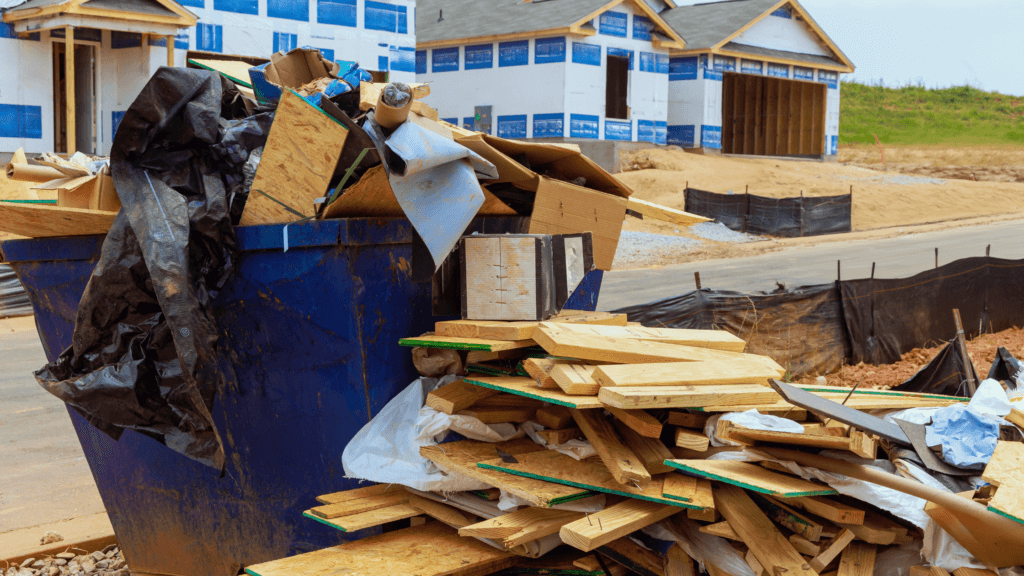A new initiative in British Columbia is reducing the significant plastic waste produced on construction sites. The program aims to tackle one of the construction industry’s biggest challenges: the environmental impact of single-use plastics. Led by Light House, with the support of the Recycling Council of British Columbia (RCBC), the Construction Plastics Initiative focuses on recycling and upcycling plastic materials that traditionally end up in landfills. This forward-thinking move is poised to make waves across the industry, potentially inspiring similar efforts in other regions.

Why plastics in construction are a problem
Construction sites are notorious for producing large amounts of waste, much of it plastic. From packaging to protective coverings and materials like insulation, plastics are deeply embedded in the construction process. According to the RCBC, much of this plastic is single-use and ends up in landfills, contributing significantly to environmental pollution. Not only does this affect local ecosystems, but it also adds to the growing global problem of plastic waste. As BC aims to reduce plastic use in other industries, construction has often lagged in adopting sustainable practices.
The new initiative
The initiative aims to reduce plastic waste by focusing on the construction sector. The project is designed to upcycle plastic waste from construction sites into useful materials, including building insulation, plastic lumber, and even office furniture. By partnering with various industry players and waste management experts, Light House is creating a sustainable cycle that diverts waste from landfills into new, functional products.
In this pilot program, construction companies are encouraged to separate their plastic waste, which is then sent to specialized recycling facilities. The plastic is sorted, cleaned, and processed into reusable materials at these facilities. This method not only reduces landfill contributions but also turns what would be waste into valuable resources.
Industry response and potential impact
The program has already garnered significant interest from construction companies in BC, many of which are eager to reduce their environmental footprint. By making recycling and upcycling easier, the initiative will likely drive larger-scale efforts to reduce plastic use and waste across the industry. For companies, participating in this program helps them meet environmental goals and aligns them with growing consumer demand for more sustainable building practices.
The environmental impact of this initiative could be far-reaching, with the potential to influence the BC construction industry and the broader Canadian building sector. As the program expands and proves successful, it could become a model for other provinces and industries. This will help to reduce waste and set a precedent for circular economy practices in construction.
A bright future for sustainable construction practices
This plastic recycling initiative is an exciting development for the construction industry. It shows that environmental responsibility doesn’t have to come at the cost of progress. With more companies committing to sustainable practices, BC’s initiative could help change the entire industry’s approach to waste and sustainability. Whether by using fewer plastics or ensuring that what is used can be effectively recycled, the efforts in BC will hopefully spur similar initiatives elsewhere.
Construction professionals and contractors interested in joining this movement must rethink traditional waste management systems. By adopting innovative recycling and waste-reduction technologies, the construction industry can play a key role in reducing plastic pollution and contributing to a more sustainable future.
Click here for more details on the Construction Plastics Initiative.
Want to know more? Subscribe to our newsletter at Under the Hart Hat for more sustainable construction initiatives.


